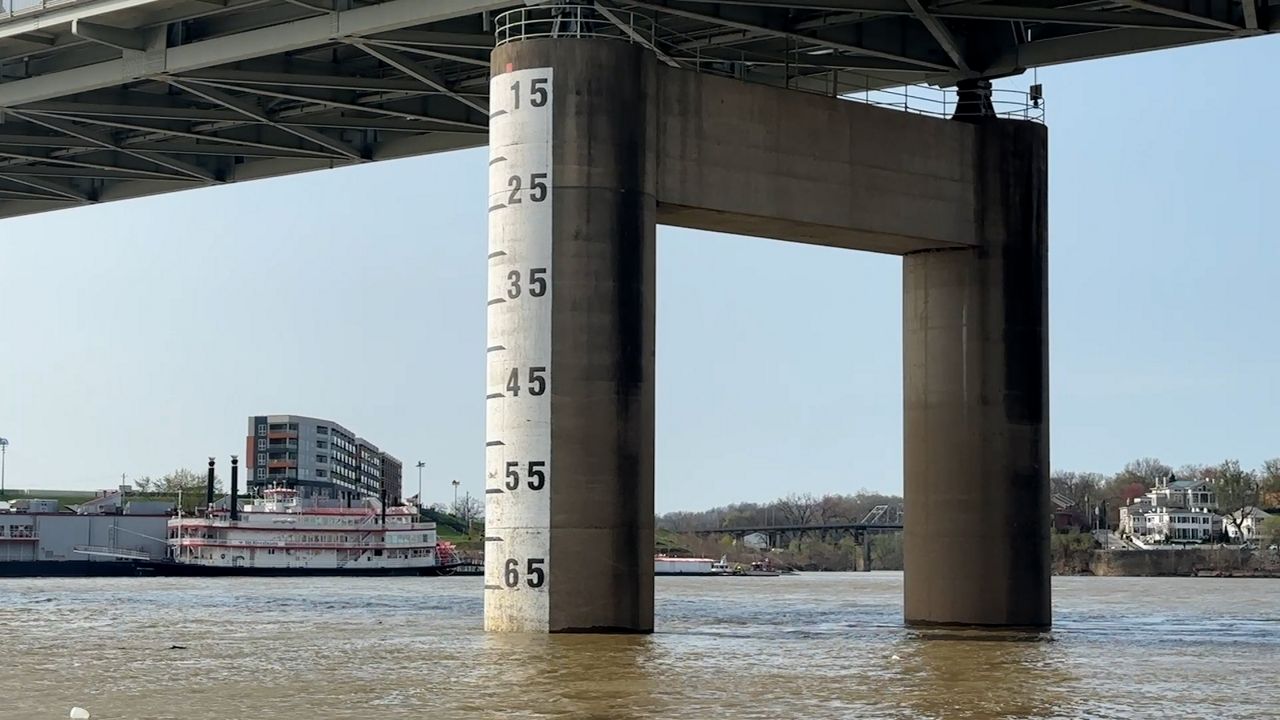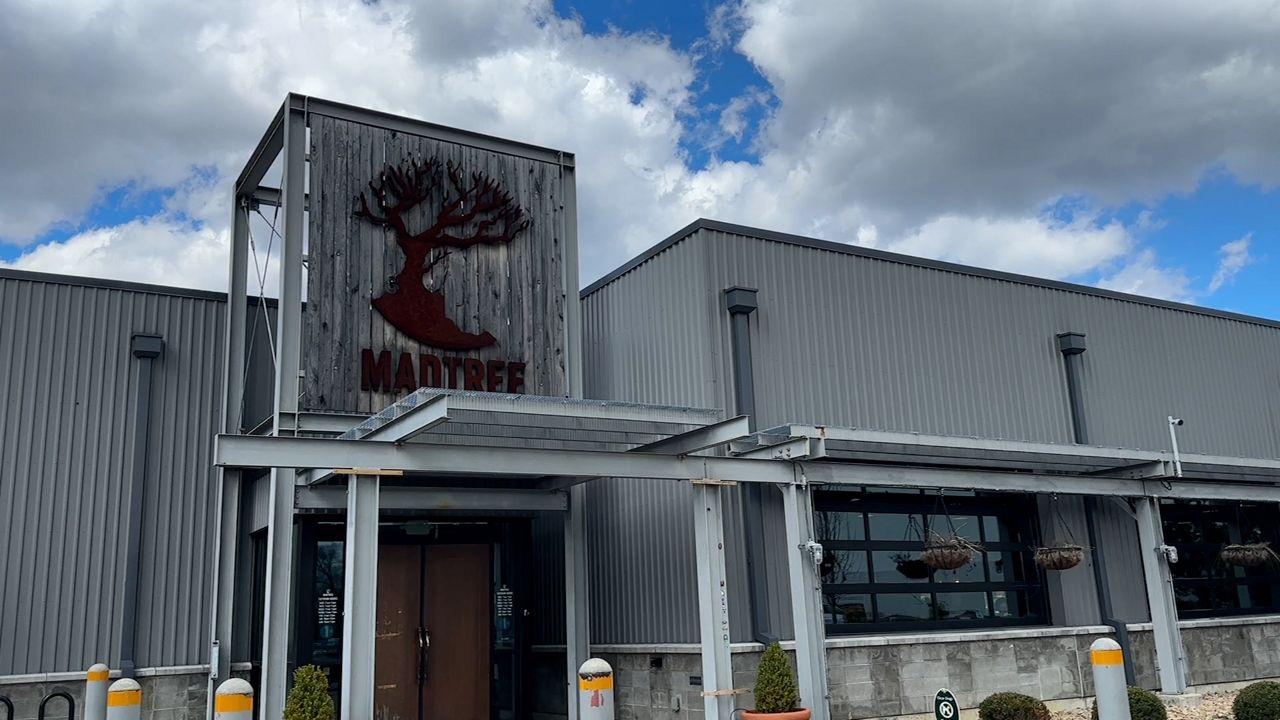EAST PALESTINE, Ohio — Norfolk Southern gave an update on the cleaning of water flowing near the derailment site. The rail company explained how they deal with an influx of water on a rainy day.
“Right now we’re in our phase where we’re going our confirmation sampling,” said Chris Hunsicker, incident commander for Norfolk Southern at the derailments site. He has 30 years of experience helping with environmental cleanup.
“Behind us, we’ve got our water, temporary wastewater treatment plant. This is how we manage all the water that flows onto the site,” said Hunsicker.
The temporary treatment plant takes in surface water flowing near the derailment site, where train cars burned and vinyl chloride was released nearly one year ago.
“The water that would have normally flowed through these ditches down to Sulfur Run, we’ve been collecting. It gets pumped into these tanks,” said Hunsicker.
Each of the two tankers on site is able to hold up to a million gallons of water. This is part of the water treatment process happening here on site. Once the water is in the holding tanks, then the treatment process begins.
“From early on in the response, we’ve been collecting all the storm water that flows into the site. We collect that, we manage it, we treat it. It either gets shipped off to a licensed facility for disposal or we treat it here and then it goes and gets shipped off,” said Hunsicker.
Norfolk Southern is in the process of testing to show that water flowing from streams near the derailment site are not being contaminated by anything.
“Where we are next is, we’ve got our ditches here where water was flowing through this site before the incident. We just got a process that just got approved a few days ago that will allow us to do our confirmation to show water and these areas have been remediated effectively. That water eventually will flow back into Sulphur Ran and Leslie Run,” said Hunsicker.
The last phase is stream cleaning.
“The areas that were effected by the incident early on, we’ve done a lot of cleaning over the summer. A lot of mitigation efforts to clean that up. There are a couple areas that still need some more work,” said Hunsicker.





